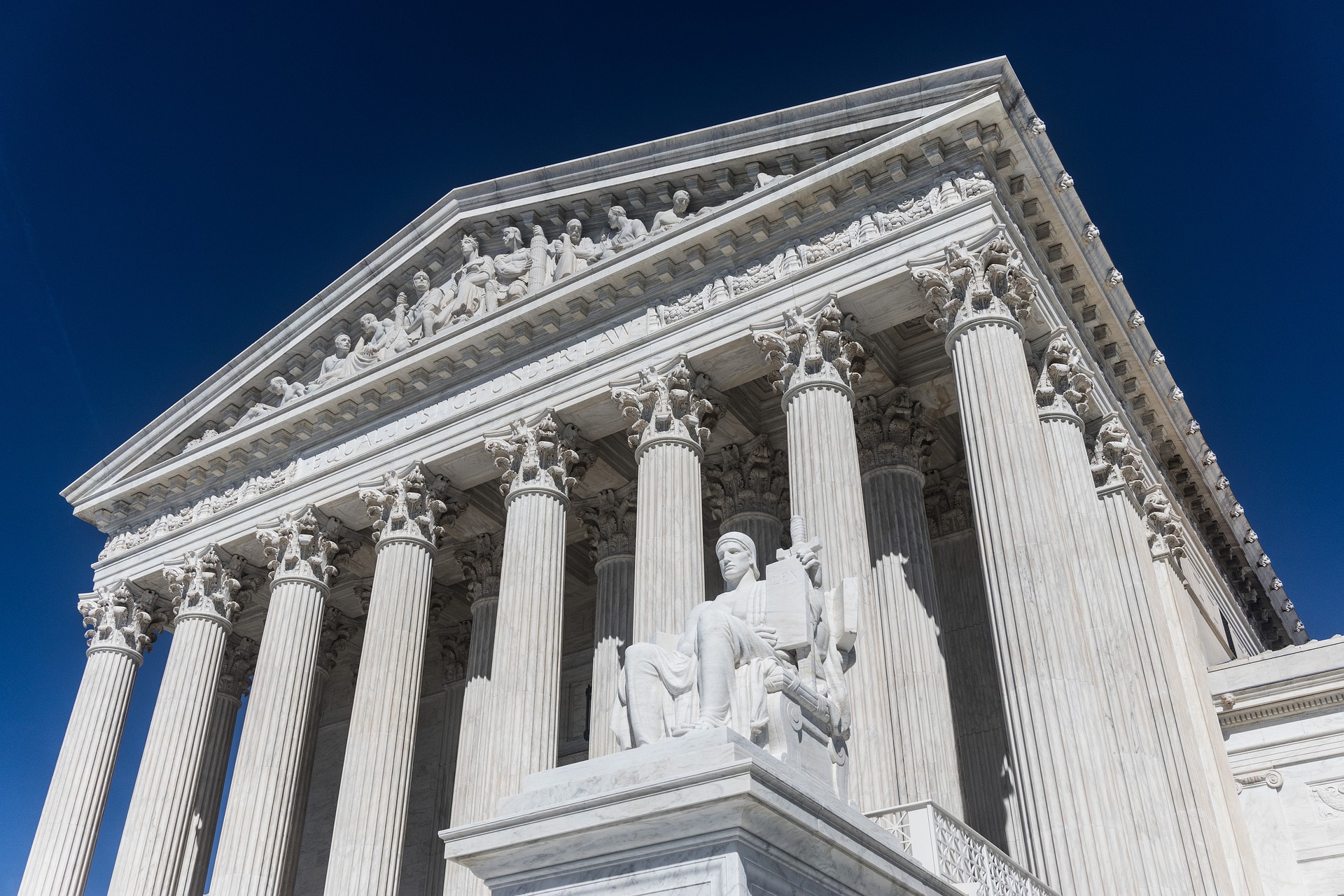Deconstructing the Doctrine of Sovereign Immunity
Introduction: In the intricate tapestry of legal principles, sovereign immunity stands as a cornerstone of governmental power and protection. This complex doctrine, rooted in ancient traditions, continues to shape modern legal landscapes and influence the relationship between citizens and their governments. As we delve into its nuances, we uncover a fascinating interplay of history, law, and evolving societal norms.

The Evolution of Sovereign Immunity in Modern Democracies
As democratic principles took root, the absolute nature of sovereign immunity faced challenges. Many nations began to recognize that blanket immunity could lead to injustice and abuse of power. This realization sparked a gradual erosion of the doctrine, with governments voluntarily waiving immunity in certain areas. The United States, for instance, passed the Federal Tort Claims Act in 1946, allowing citizens to sue the federal government for certain torts committed by its employees.
The Dichotomy of State and Federal Sovereign Immunity
In federal systems like the United States, sovereign immunity presents a complex landscape. While the federal government’s immunity is rooted in the Constitution, state immunity has a more contentious history. The Supreme Court’s interpretation of the Eleventh Amendment has expanded state immunity, often shielding states from lawsuits in federal courts. This expansion has led to heated debates about the balance between state rights and individual protections, particularly in cases involving civil rights violations.
International Perspectives on Sovereign Immunity
On the global stage, sovereign immunity plays a crucial role in international relations and diplomacy. The concept of absolute immunity has given way to restrictive immunity, where states are immune from jurisdiction for their public acts but not for commercial activities. This shift reflects the increasing involvement of states in international commerce and the need for accountability in a globalized world. Notable cases, such as the dispute over Iran’s frozen assets in the United States, highlight the ongoing tensions between state sovereignty and international justice.
Challenges and Criticisms of Sovereign Immunity
Critics argue that sovereign immunity can be a tool for government overreach and a barrier to justice for aggrieved citizens. In cases of egregious misconduct or constitutional violations, the doctrine can leave individuals without recourse. This has led to calls for reform, with proposals ranging from expanding exceptions to immunity to abolishing the doctrine altogether. The debate often centers on finding the right balance between protecting legitimate government functions and ensuring accountability for wrongdoing.
The Future of Sovereign Immunity in a Changing World
As society evolves, so too does the application of sovereign immunity. Emerging technologies, such as artificial intelligence in government decision-making, raise new questions about liability and accountability. Climate change litigation against governments also challenges traditional notions of immunity. These developments suggest that the doctrine of sovereign immunity will continue to adapt, reflecting changing societal values and the complex relationship between citizens and their governments.
In conclusion, the doctrine of sovereign immunity remains a vital yet controversial aspect of legal systems worldwide. Its evolution from absolute protection to a more nuanced principle reflects broader shifts in governance and societal expectations. As we move forward, the challenge lies in striking the right balance between preserving necessary governmental protections and ensuring justice and accountability in an increasingly complex world. The ongoing debates and legal developments surrounding sovereign immunity serve as a testament to its enduring significance in shaping the contours of modern governance and citizens’ rights.






